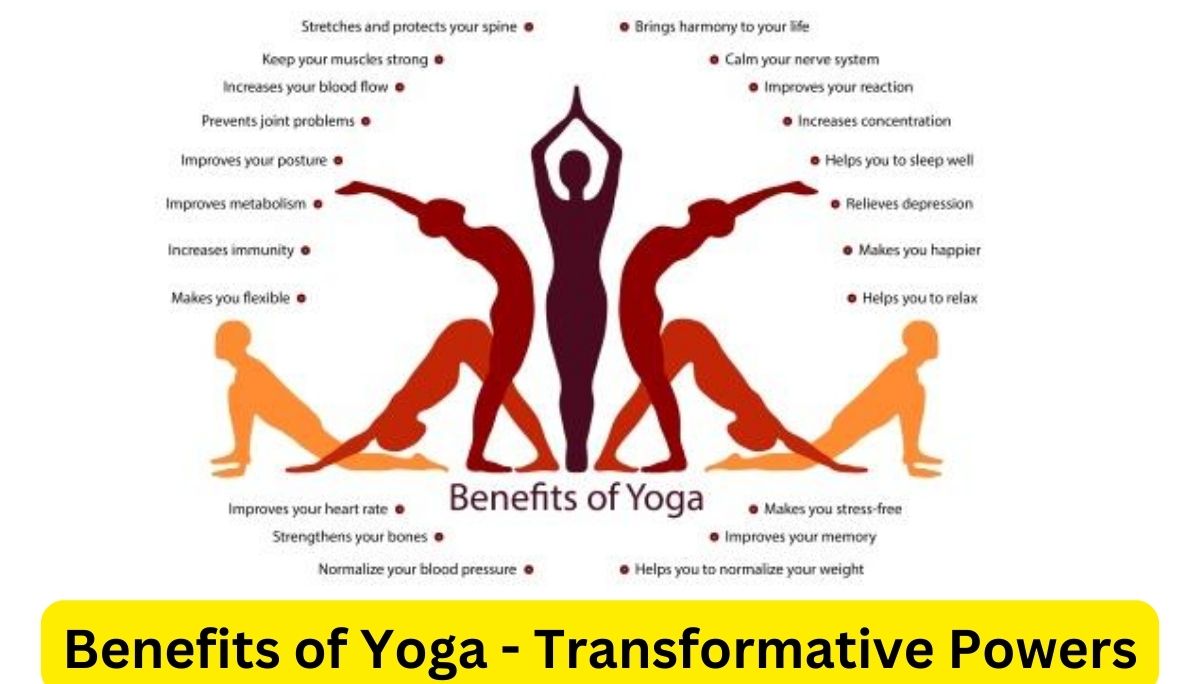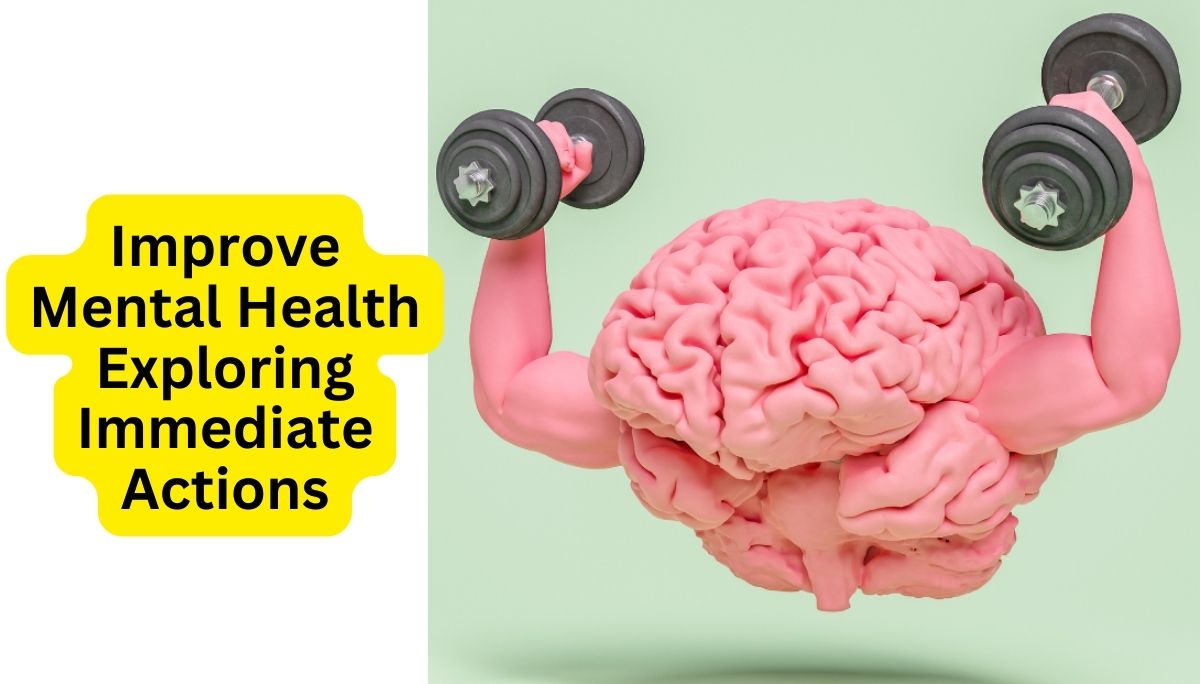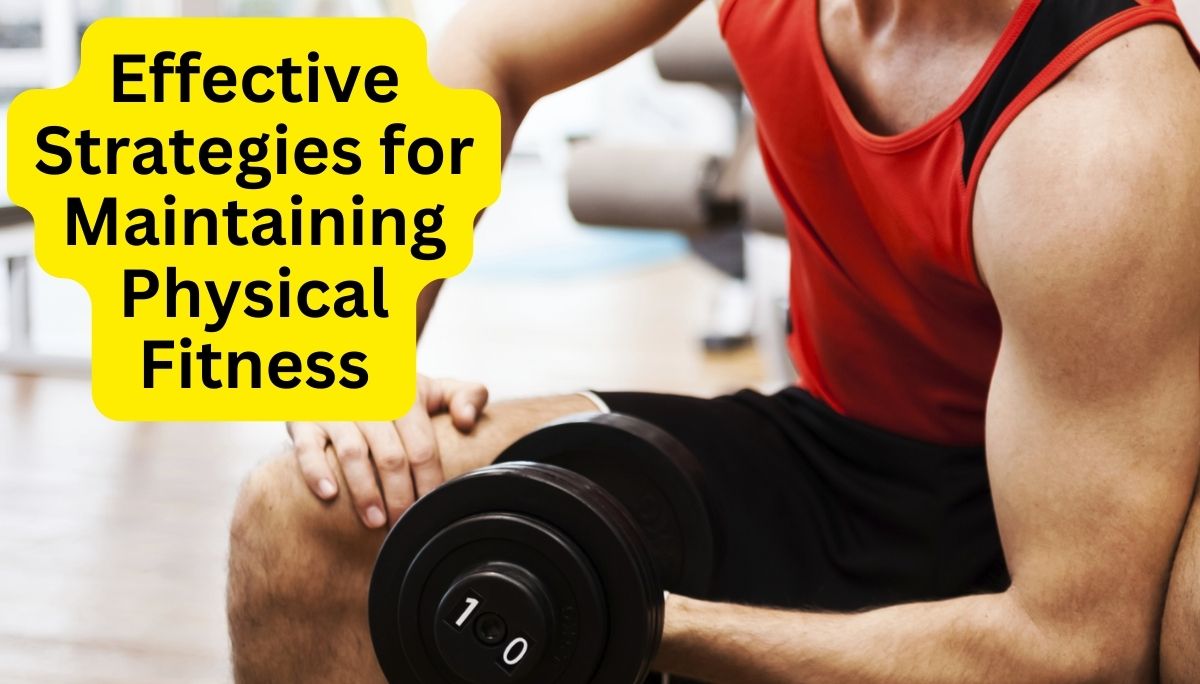Benefits of Yoga – Exploration of the Physical, Mental, and Spiritual Transformative Powers
In today’s fast-paced world, finding moments of peace and tranquility can be a challenge. Enter yoga, a practice that not only strengthens the body but also nurtures the mind and spirit. From improving flexibility to reducing stress, the benefits of yoga are boundless. Let’s explore the transformative power of this ancient practice.

Table of Contents
The Ancient Roots of Yoga
Yoga is more than just a physical practice; it’s a way of life that has been embraced for centuries, originating in ancient India. This holistic discipline combines physical postures (asanas), breath control (pranayama), meditation, and ethical principles, offering a comprehensive approach to well-being.
At its core, yoga is a journey of self-discovery, a path to harmonizing the mind, body, and spirit. As you delve deeper into this ancient wisdom, you’ll find that the benefits of yoga extend far beyond the physical realm, touching upon every aspect of your being.
Physical Benefits: Strength, Flexibility, and Balance
One of the most apparent benefits of yoga is its impact on physical health. Through a series of carefully orchestrated postures and movements, yoga cultivates strength, flexibility, and balance, helping to improve overall fitness and reduce the risk of injury.
The American Osteopathic Association highlights the numerous physical advantages of yoga, including increased muscle tone and endurance, improved respiration and cardiovascular health, and better posture and alignment.
Mental Clarity and Stress Relief
In our fast-paced, modern world, stress and anxiety have become constant companions for many. Yoga offers a powerful antidote to these mental and emotional challenges, providing a sanctuary for calming the mind and promoting inner peace.
The combination of controlled breathing techniques and mindful movements helps to quiet the incessant chatter of the mind, allowing you to cultivate a sense of presence and clarity. As you practice yoga, you’ll learn to let go of worries and embrace the present moment, reducing stress levels and enhancing overall mental well-being.
For practical tips and guidance on using yoga for stress relief, check out the Yoga Journal website, which offers a wealth of resources and expert advice.
Connecting Mind, Body, and Spirit
Yoga is not just a physical practice; it’s a holistic approach that harmonizes the mind, body, and spirit. Through the integration of conscious breath, movement, and mindfulness, yoga helps to cultivate a deeper connection with oneself, promoting a sense of inner peace and balance.
As you progress on your yoga journey, you’ll learn to tune into the subtle nuances of your being, fostering a greater awareness of your thoughts, emotions, and physical sensations. This heightened self-awareness can lead to a deeper understanding of your true nature and a greater appreciation for the interconnectedness of all aspects of your being.
A Path to Self-Discovery
Beyond the physical and mental benefits, yoga is a powerful tool for self-discovery and personal growth. As you navigate the challenges and triumphs of your practice, you’ll gain invaluable insights into your strengths, limitations, and the depth of your inner resilience.
Yoga encourages self-reflection, inviting you to confront your fears, doubts, and limiting beliefs, ultimately empowering you to transcend them. With each breath and movement, you’ll have the opportunity to shed layers of conditioning and rediscover your authentic self, embracing a life of authenticity and purpose.
For inspiration and guidance on using yoga as a path to self-discovery, explore the Yoga International website, where you’ll find a wealth of articles and resources from experienced teachers and practitioners.
Frequently Asked Questions: Benefits of Yoga – Physical, Mental, and Spiritual
Q: Is yoga only for flexible people?
A: Absolutely not! Yoga is for everyone, regardless of age, body type, or physical ability. The practice is designed to meet you where you are and gently guide you towards greater flexibility, strength, and overall well-being. With patience and consistency, even those with limited mobility can reap the benefits of yoga.
Q: Do I need to be spiritual or religious to practice yoga?
A: No, you don’t need to subscribe to any particular spiritual or religious belief system to practice yoga. While yoga has roots in ancient Indian philosophy, it can be adapted to align with your personal beliefs and values. Many practitioners simply embrace yoga as a physical and mental exercise, without delving into the spiritual aspects.
Q: How often should I practice yoga?
A: The frequency of your yoga practice will depend on your goals and personal preferences. Generally, it’s recommended to practice yoga at least two to three times per week for optimal benefits. However, even a short daily practice of 10-15 minutes can have a profound impact on your overall well-being.
Q: Can yoga help with specific health conditions?
A: Yes, yoga has been shown to be beneficial for a variety of health conditions, including chronic pain, anxiety, depression, high blood pressure, and more. However, it’s always advisable to consult with a healthcare professional, especially if you have a pre-existing medical condition, to ensure that your yoga practice is tailored to your specific needs and limitations.
Q: Do I need special equipment to practice yoga?
A: While a yoga mat is a standard accessory, you don’t necessarily need any special equipment to begin your yoga journey. Many styles of yoga can be practiced with just your body and a comfortable surface. As you progress, you may choose to incorporate props like blocks, straps, or blankets to support and enhance your practice.
Embrace the transformative power of yoga and embark on a journey of self-discovery, physical vitality, and inner peace. As you step onto the mat, remember that yoga is a lifelong practice, and each breath and movement is an opportunity to cultivate a deeper connection with yourself and the world around you. Allow this ancient wisdom to guide you towards a life of balance, authenticity, and profound well-being.






